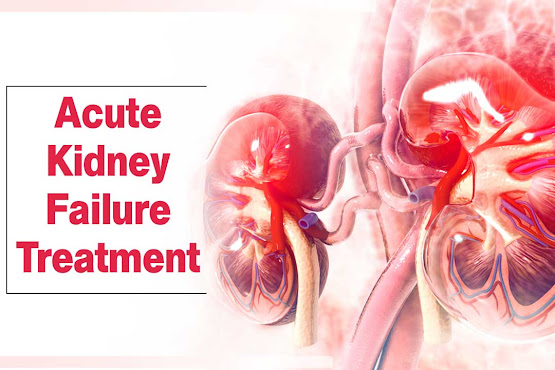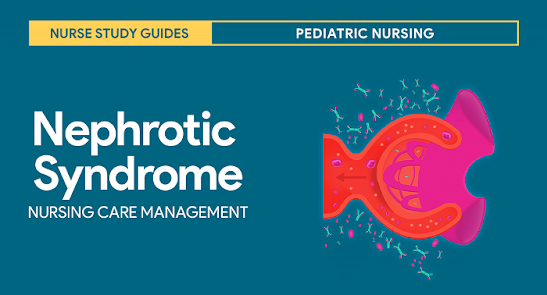How Much Water Should a Kidney Patient Intake - KidneyXpert

Water consumption varies depending on the type of treatment. Healthy people can consume up to 8 liters daily, but this does not apply to people with kidney disease. Although drinking water is considered to be ideal for Ayurvedic chronic kidney treatment . But, how much water a kidney patient should drink? Let's understand this in brief. Why is Drinking Water Important? About 60% of the body is water and blood is 90%. Below are the benefits that will help you understand the importance of water- It is essential for kidney and heart function as these organs are responsible for cleaning and transporting the cleansed blood to various organs. It supplies oxygen to the whole body. This helps maintain an average body temperature. Water is very suitable for your skin. The whole process of digestion depends on the amount of water ingested. Water regulates blood pressure. It also prevents kidney damage. A weight loss remedy. Useful in removing waste and toxins from the body.


